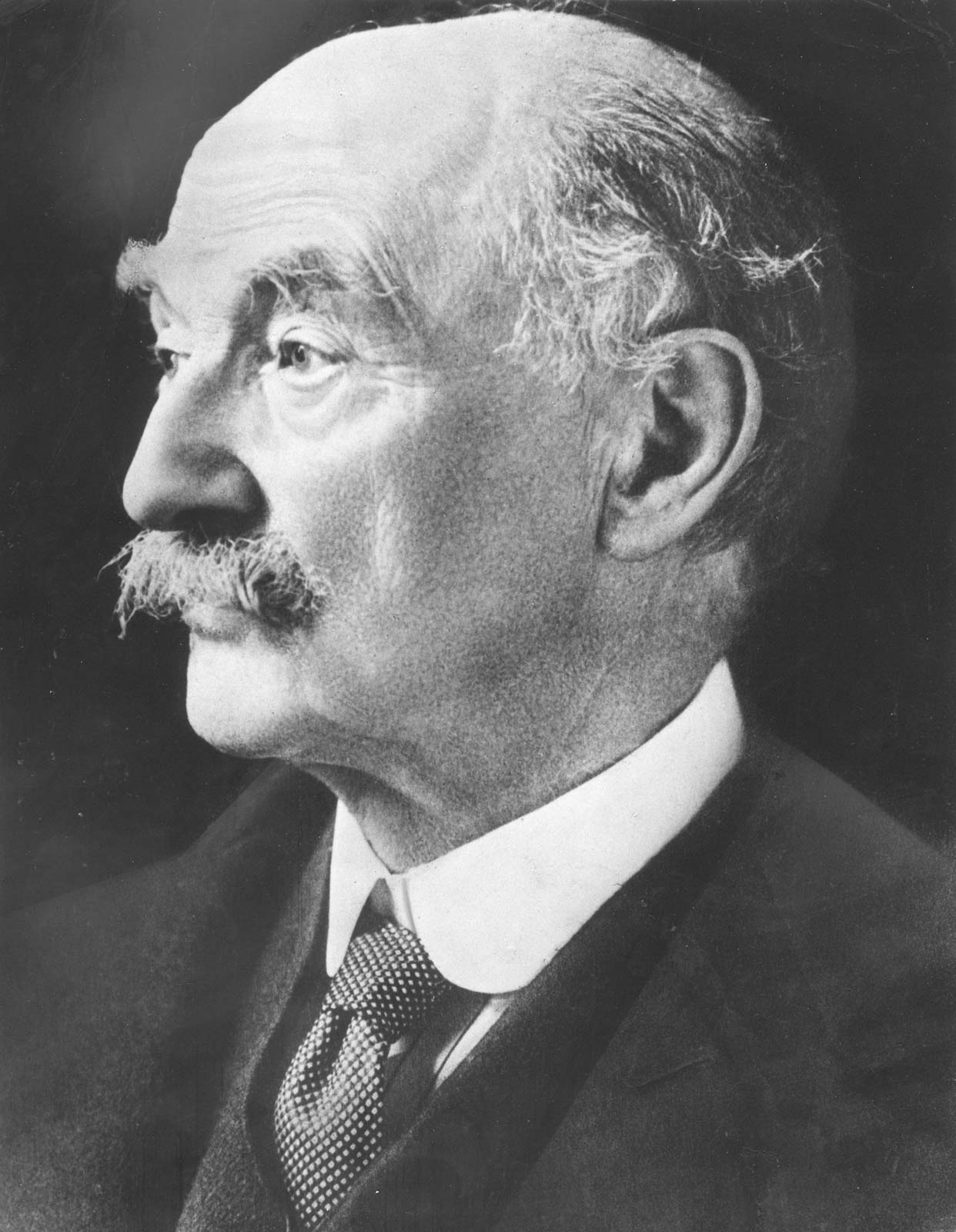
THOMAS HARDY BIOGRAPHY
The transgressions in this world have become too much of a burden on our backs. It has enveloped our voices in fear, conforming to an unstable radio static, too unclear. But for Thomas Hardy, fear never dominated his intuitions, but empowered him to create pieces, encompassing each and every social phenomenon in his time, or even current society. His prose and social criticism developed a sensation in our mouths, to speak up for what we believe, and what we believe is right. His thoughts, anticipatory and indefinite, obstructed even the greatest of prejudice.
Thomas Hardy book had always piqued my curiosity. His novels of great format and writing emboldened me to believe in my own intuitions. As an advocate for equality, his books, “Tess of the D’Urbervilles” and Wessex novels made me grasp on a wider subject and profoundly understand each and every internal and external aspects of equality. His novels were not your conventional love story between a man and a woman, his novels were unorthodox; tackling the story between a man and a woman and delving on greater societal aspects like: social stratification, sexual mutability, and social influence.
Although Wessex was a fictional region, the novels in its exposition chewed over ‘real’ happenings in society, whilst audiences are vicariously living in realism through the lenses of Hardy’s ever-evolving and perceptive characters. Strong themes such as resilience in adversity, marriage, social class, and other social conundrums were brilliantly exemplified in each and every novel, making his audience realize that these contexts are prominent in society.
Affluent in context and dialects, they are written herbarium of a vanished culture.
Sir Thomas Hardy, will forever be a herald of Literature; for inspiring others to find and amplify their voices and for Thomas Hardy Novel. He might not be as famous as Shakespeare but he should be give ample creditization for the proliferation of Modern Literature.
THE WOODLANDERS NOVEL CRITIQUE
In this novel, Grace, a susceptible, as of late educated young lady, “who has been around developed people” shows up home to a little town of Little Hintock after a long nonattendance and to the joy of her dad Mr Melbury, a lumber dealer. She before long revives her childhood relationship with her youth darling Giles Winterborne, an apple and cider rancher. Nonetheless, when she does as such, she additionally sees a considerably more encouraging admirer who begins to interest her more than any other person in this world: an informed, eager and “overwhelming” doctor Edred Fitzpiers.
Strong Character
The incredible thing about Thomas Hardy’s characters is that they are rarely static and are always developing. They are not secured into one sort of character (either fortunate or unfortunate), and are introduced as a lot of human, fit for committing errors, baffling, gaining from those missteps, apologizing, continuing on and developing. The writer makes an effort not to force his viewpoint on the characters on his pursuers, yet he plainly sympathizes with the basic, modest and dedicated lower class. It was not just Henry James (The Turn of the Screw [1898]) who wrote in the nineteenth century those “mental” books with a lot of scarcely discernible sexual pressure. Thomas Hardy did it as well, and it is the collaboration and dynamism between the characters, including every one of the errors, which make The Woodlanders a compelling book.
“Perfidious” Time turns into one more person in this story since it is the social traditions of the day that generally formed the fates of the characters. This was the point at which individuals’ life-ways relied completely upon their origin, their family’s friendly position, their conditions and cultural assumptions. One hurried choice, incited by cultural assumptions, would then be able to lay out a plan for as long as one can remember. Like Tess, Hardy underlines in The Woodlanders the shamefulness that young ladies and ladies face in a class-based society overwhelmed by different male assessments. One young lady’s standing, which was to a great extent a simple impression of that standing, directed that young lady’s whole life, independent of the conditions or different variables. Solid particularly attempts to cause to notice the condition of marriage around then, stressing the sheer imitation of the course of action and its jail like characteristics, particularly since individuals inside that organization may truth be told be as far separated from one another both intellectually and sincerely as two posts of planet Earth.
My Verdict
I’m astonished that The Woodlanders isn’t better known. The drama might be more “diffused” in the book, yet it has a similar conviction as Hardy’s Tess of the d’Urbervilles. The book isn’t an account of some terrific experience, in any case, rather, its tranquil force lies in the depiction of a calm family life, downplayed interests and concealed feelings. The Woodlanders might be a tragic story, however all the misery is a reasonable side-effect to get in return for the excellent choice of the exposition, striking characters and all the fantasy like nuances, also covered up imagery (trees cut/planted in the story, representing trust/love lost or recovered).
By Amiel Ivan E. Diano
Write and Win: Participate in Creative writing Contest and win fabulous prizes.
